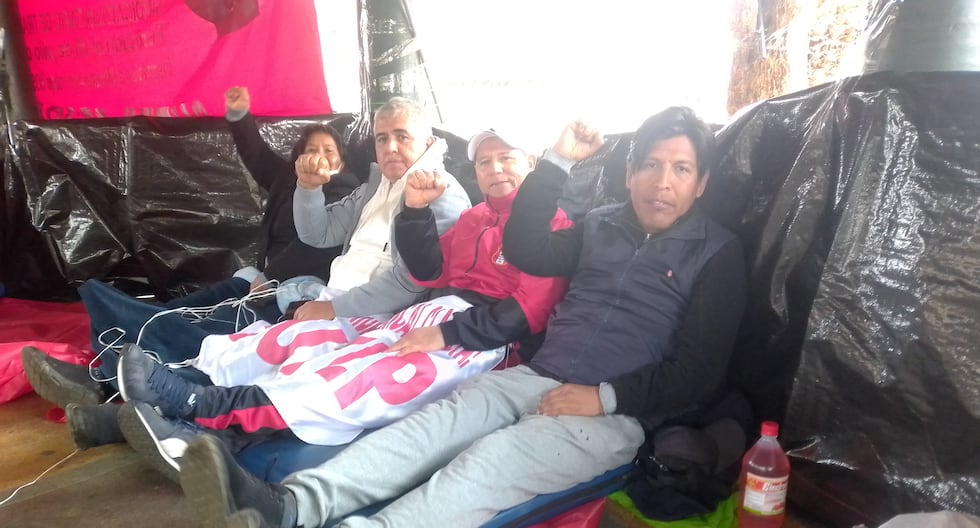He timing This is perfect, since as we all know, the next legislature is going to discuss at least a dozen constitutional reform reports that have been prepared and approved by the Constitutional Affairs Committee, including the reform of the Judiciary.
In contrast to the legislative actors who are in a hurry rather than in the spirit of substance, the announcements by the president-elect, Claudia Sheinbaum, regarding the cabinet that will work alongside her in the next administration, have been the subject of much speculation about the level of agreements and closeness that they will have with the Mexican private sector. In recent months, some signs and trends have emerged that show a more encouraging and positive outlook for the private sector, especially for those of us who are dedicated to attracting investment.
During Sheinbaum’s campaign, a relevant actor who gained relevance as a link with the business sector was Altagracia Gómez, named Coordinator of the Business Advisory Council of the next government and who will be in charge of the Regional Economic Development Plan that includes a national strategy for the relocation of companies to Mexico through the creation of more than 100 industrial parks in different development poles within the national territory. This provides greater availability of land for new companies that will land in Mexico in the coming years; in this regard, the Mexican Association of Private Industrial Parks (AMPIP) projects that between 2024 and 2027 there will be a demand for more than three million square meters of industrial parks.
The conversation with the private sector and the coordination of this plan must be coordinated with the Ministry of Economy, which, by the way, the appointment of Marcelo Ebrard as head of this department has raised positive and proactive spirits among senior executives of global companies that operate in our country, and those who know the previous work of the next head of the Ministry of Economy, who foresees greater dialogue between companies and government.
From his work at the Foreign Ministry, and after the disincorporation of ProMéxico, Ebrard worked on promoting Mexico abroad, key participation in international fairs and exhibitions, and attracting foreign direct investment, which so far in 2024 has reached a historic record of $30 billion, especially in reinvestments and sustainable investments with well-paid jobs that directly benefit Mexicans.
The recently announced freight and passenger railway plan aims to build 30,000 km of track and will be another important key to Sheinbaum’s six-year term to add to the construction and infrastructure projects, and give greater certainty to companies about public and public-private investment in our country for the coming years, a topic that Jesús Esteva, the next Secretary of Communications and Transportation, knows well from his career in the private sector in the areas of construction and coordination of works.
These development projects offer greater competitive advantages in land and sea connectivity, which in turn will allow for increased trade flows to and from the different regions and development hubs of our country.
Over the past few months, the now president-elect has participated in various economic forums such as the International Monetary Conference held this year in Mexico City. During the event, she signaled continuity in the management of public finances by reiterating that Rogelio Ramírez de la O will continue as Secretary of the Treasury.
Similarly, Sheinbaum reinforced the message of reassurance towards the private sector by meeting with more than 300 businessmen who are members of the Business Coordinating Council in an open dialogue led by Francisco Cervantes, where, according to close sources, several businessmen left more relaxed than when they entered after detecting the keys, signs and positive trends that this new administration will have greater dialogue with the private sector.

















